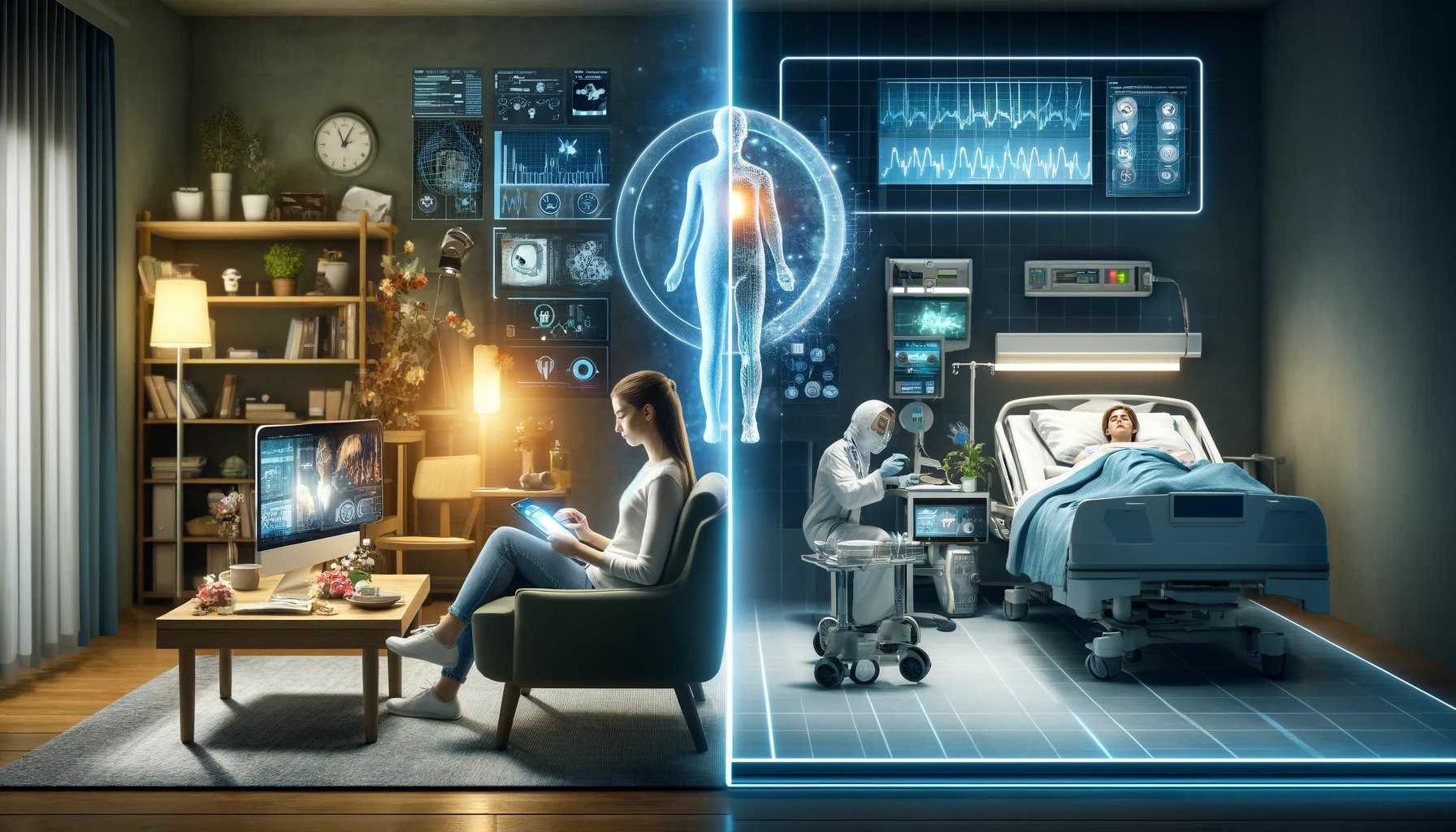AI in Healthcare: Insights from the 2025 AI Index Report
I always look to the Standford Institute for Human-Centered AI in trying to put some context around AI developments and what they signal for all of us.
They have just published their annual AI report – the 2025 AI Index Report. The top 12 takeaways are available on their site, as is the full report for download. All make for interesting reading – as an independent view on what some would say is a very hyped sector. Reading the HAI assessment – I would be less concerned about the ‘hyping’ and more focused on what we need to do. And within Europe we certainly need to do better.
Because of my interest in Healthcare and AI within Healthcare I thought I should just pull out some of the key references to AI and Healthcare. So much progress and we are only headed in one direction. All fits with and will enable #stayleftshiftleft10x – as described and set out by Martin Curley. But we need to go faster. Lots of projects identified by HSE and Dept. of Health last year.
The AI Index 2025 reveals just how fast artificial intelligence is transforming healthcare—from diagnostics to ethics, clinical practice to cutting-edge research. Below are the key highlights that show where things stand and where we’re headed.
1. Clinical AI Is Now Top of the Class
OpenAI’s latest medical AI model, o1, achieved a 96% score on the MedQA benchmark—a level of clinical knowledge on par with elite physicians. That’s a 28-point jump in performance since late 2022, signaling just how fast AI is learning.
2. AI Is Now Beating Doctors at Their Own Game
Recent studies showed GPT-4 outperforms doctors—even those using AI—in diagnosing difficult clinical cases. However, when AI and human clinicians work together, the results are even better. Collaboration remains the gold standard.
3. AI Medical Devices Go Mainstream
The FDA has now approved over 223 AI-powered devices, compared to just 6 in 2015. These are real-world tools now embedded in radiology, cardiology, and more. FDA approvals of AI-enabled devices are growing exponentially
4. AI Foundation Models for Medicine
We’re seeing the rise of domain-specific AI models, including:
-
Med-Gemini for multimodal medical tasks
-
EchoCLIP for echocardiograms
-
ChexAgent for chest X-rays
These models go beyond general AI—they’re trained for precision and reliability in high-stakes clinical environments.
5. Synthetic Data Changes the Game
AI-generated data is helping:
-
Improve clinical risk predictions
-
Protect patient privacy
-
Accelerate new drug discovery
This tech is particularly promising for underserved populations where real data is limited or sensitive.
6. Medical AI Ethics Is Maturing
Publications on ethics in medical AI have nearly quadrupled since 2020, reflecting a growing awareness of bias, safety, and trust.
7. Nobel-Winning AI Science
Two 2024 Nobel Prizes (in chemistry and physics) were awarded for AI-powered breakthroughs in protein folding and neural networks.AI isn’t just part of medicine—it’s driving science forward.



